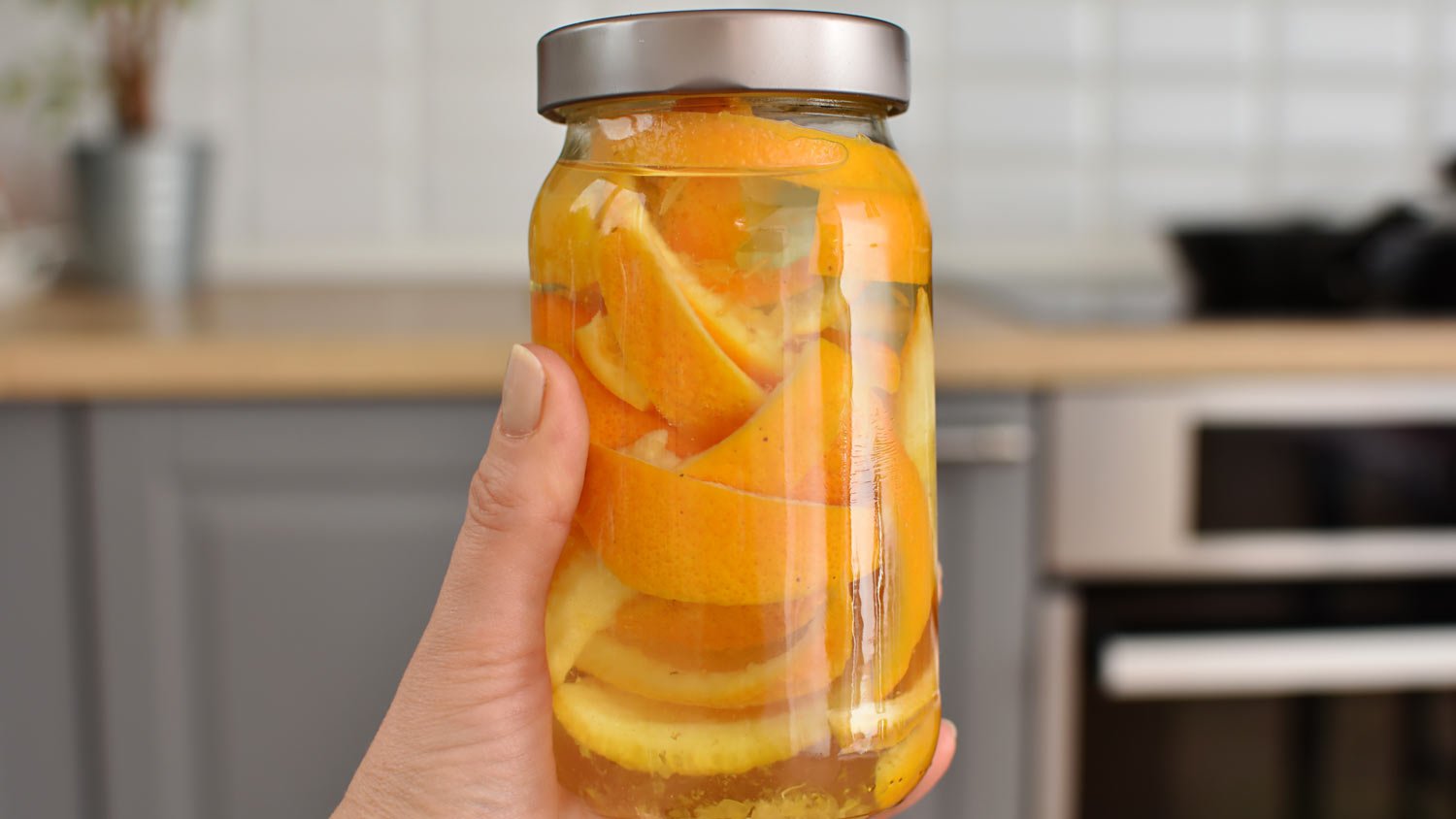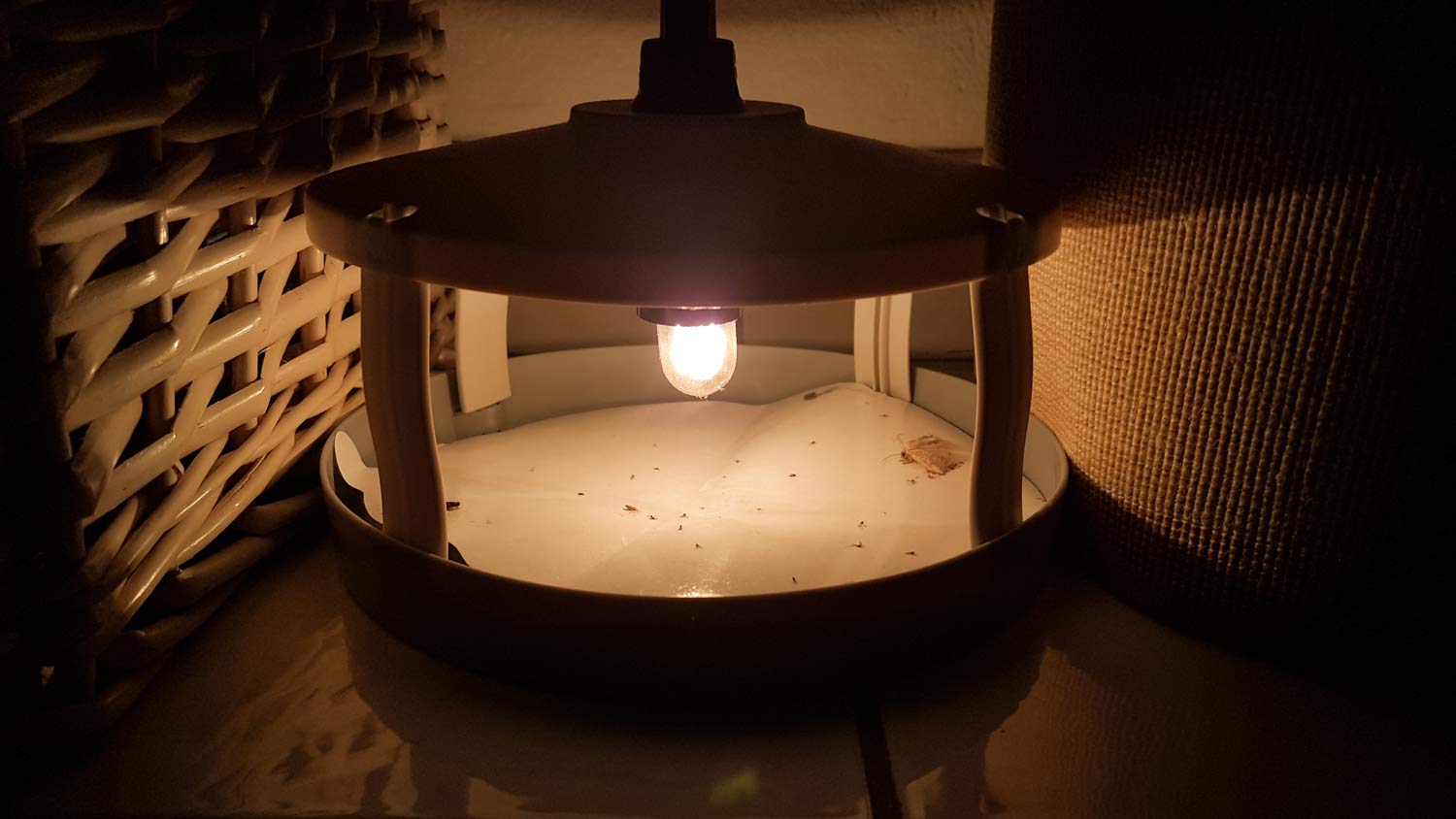
How much does a gnat exterminator cost? The answer depends on the method of treatment and the level of infestation. Find out what plays into your budget.
Kick fleas to the curb, for good


For pet owners, fleas are a common household pest to worry about. Even non-pet owners may experience fleas, particularly outdoors. If you want to keep your family safe and your home flea-free, utilize these natural ways to kill fleas.
Fleas have an incredible sense of smell and there are some fragrances that deter them from entering your home. Apple cider vinegar is one of the scents they can't handle. While the scent itself won't kill them, it will keep them at bay. One of the best ways to use this repellent is to mix it with equal parts of water and spray it in areas fleas may be entering the home.
If you have a pet that could be bringing in fleas, consider mixing a little bit of apple cider vinegar into their water. All you need is about a teaspoon of it in four cups of water. This is completely safe to do and, once ingested, will help keep the fleas away.
Best used for killing fleas indoors, boric acid is a powder that can be sprinkled into the carpet to rid your home of these pests. Boric acid is mostly safe but acts as a stomach poison for fleas. Once it's been sprinkled into the carpet, sweep away the excess and allow it to sit for a couple of days before vacuuming it away. While you should avoid letting your pets ingest any of the powder, you will only experience an issue if the pet is repeatedly exposed to it.

Citrus is another smell fleas dislike, so using oranges or lemons in the home can deter them. You can repurpose peels from citrus fruits to repel fleas (while also keeping your home fresh) or mix citrus with water to create a spray. The spray can be used on furniture, flooring, or other areas in the home that may be infested by fleas.
Made from naturally occurring sedimentary rock, diatomaceous earth features a soft texture that can be broken down into a fine powder that effectively kills fleas and flea eggs. The powder dies out the outer layer of fleas' exoskeletons to kill them. Natural-grade diatomaceous earth can be used indoors and outdoors.
Indoors, the powder can be sprinkled on the carpet the same way as boric acid. Let the powder sit for a few days before vacuuming. Outdoors, diatomaceous earth can be distributed along the perimeter of the home or yard to kill fleas.
Enlisting the help of fragrances fleas dislike through essential oils can be extremely effective at keeping them at bay. Mix the essential oils with water to use as a spray throughout the home. You can also choose to plant or keep potted plants of these plants and herbs indoors and outdoors as a natural repellent.
Below are essential oils that repel fleas:
Basil
Cedarwood
Citronella
Eucalyptus
Lavender
Lemongrass
Mint
Sage
Tea Tree

A light trap can be extremely effective in killing fleas. Using light to lure fleas, they enter an area that catches them in a trap, sometimes a glue strip, or electrocutes them. If you have small pets or children, keep in mind the location of the traps to avoid causing damage to a family member. Light traps cost between $15 to $30 and are simple, easy, and safe at killing fleas without putting in much effort to clean or mix a solution.
If you need to know how to get rid of fleas outdoors, using nematodes, which are microscopic eelworms, strictly outdoors will effectively kill fleas. Nematodes feed on the larvae of fleas as well as other insects to eliminate them and is a safe solution as they cause no harm to humans, pets, or plants. Nematodes can be found at a local nursery or your local home improvement store.
While sulfur has a less-than-pleasant smell, it is not harmful to humans but will kill fleas that come in contact with it. If you use too much, however, it could harm your pet, so try using it outdoors only in areas your animal doesn't venture to often. Sulfur can be sprinkled along the perimeter of your property to keep fleas away.

The best continual method of keeping fleas out of your home is to vacuum routinely. Vacuuming can help you eliminate these pests and access hard-to-reach places where fleas may hide. Using a water-based vacuum system will yield the best solution as it drowns the fleas immediately. However, if you only have a dry vacuum cleaner, you can effectively get rid of the fleas by removing the canister or bag far away from the home as soon as you're done.
While natural ways to kill fleas can be effective, if you have an infestation on your hands, you may require the help of a professional. If you're having difficulty getting fleas under control, hire a local flea exterminator to tackle the job. From there, you can enlist these natural tips to prevent and further eliminate any new fleas. Flea extermination costs range from $75 to $400 and could be the best solution to get you started on elimination.
From average costs to expert advice, get all the answers you need to get your job done.

How much does a gnat exterminator cost? The answer depends on the method of treatment and the level of infestation. Find out what plays into your budget.

Find out how much it costs to remove armadillos and stop them from coming back. Know how much to budget to humanely remove these pesky critters from your yard.

Keep your home free of termites and the damage they do. Learn more about inspections, infestations, and the average cost of termite treatments.

Wondering why there are so many phorid flies in your home? Learn several ways to protect your home from this household pest.

Mice are unsettling intruders in your vehicle that have the potential to cause major damage over time. Learn how to keep mice out of your car.

Whether it’s a swarm of mosquitos interrupting your summer evening on the patio or the discovery of fleas in the guest room, you may have to break out bug spray. Read on for tips to reduce your exposure and signs of bug spray side effects.